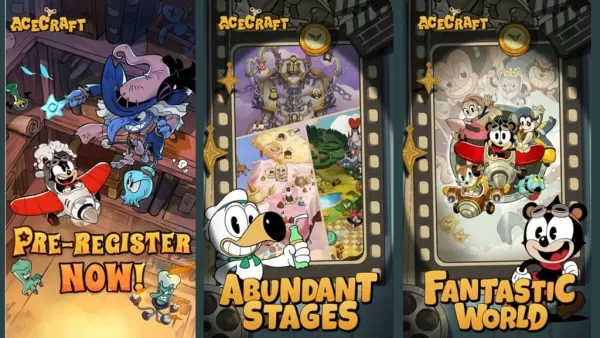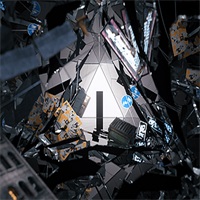Lost Dune Script Unearthed: Scott Expresses Doubt
This week marks the 40th anniversary of David Lynch's Dune, a box office flop upon its 1984 release that has since cultivated a devoted cult following. This stands in stark contrast to Denis Villeneuve's recent big-screen adaptation of Frank Herbert's classic novel. Ridley Scott, initially attached to direct, departed the project before David Lynch took the helm. Until now, details about Scott's version, developed over several months, have remained scarce.
A 133-page draft of Scott's abandoned Dune script, penned by Rudy Wurlitzer, has been unearthed from the Coleman Luck archives at Wheaton College. This discovery provides unprecedented insight into Scott's vision. Frank Herbert's initial screenplay adaptation, while faithful, proved overly dense for cinematic adaptation. Scott, after Harlan Ellison declined the opportunity, engaged Wurlitzer for a complete rewrite. Like Herbert's and Villeneuve's versions, this draft was clearly conceived as the first part of a two-part epic.
Wurlitzer described the adaptation process as arduous, stating it took more time to structure the narrative than to write the final script. He felt they captured the book's essence while refining its sensibility. Scott himself later confirmed the script's quality.
Several factors contributed to the project's collapse, including the death of Scott's brother, his reluctance to film in Mexico (as per De Laurentiis' demands), escalating budget concerns, and the allure of the Blade Runner project. However, a key factor, as noted by Universal executive Thom Mount, was the script's failure to garner universal acclaim.
This article delves into the script's details, providing expert analysis to determine whether its cinematic execution was flawed or simply too dark, violent, and politically charged for mainstream success. While Wurlitzer and Scott declined to comment, the script itself offers compelling answers.
A Reimagined Paul Atreides
The script opens with a dream sequence depicting apocalyptic armies, foreshadowing Paul's destiny. Scott's signature visual density is evident in descriptions of swirling birds and insects. This Paul Atreides, unlike Timothée Chalamet's portrayal, is a seven-year-old boy tested by the Reverend Mother. The Litany Against Fear sequence is interwoven with Jessica's own recitation, highlighting their psychic bond. While Lynch's version included imagery of a burning hand, here it's presented as a psychic experience.
Young Paul displays a "savage innocence," wielding The Voice to retrieve a sword and nearly killing Duncan Idaho. This Paul is far more assertive than Lynch's depiction, actively taking charge. The script includes a flash-forward showcasing his transformation into a master swordsman. Producer Stephen Scarlata notes a preference for Lynch's portrayal of Paul, emphasizing the vulnerability that creates tension and concern.
The Emperor's Demise and Political Intrigue
The script introduces a pivotal twist: the Emperor's death, revealed through a gardener's prostration. This differs significantly from the novel. The Emperor's funeral, a mystical spectacle, features the Great Houses and a medium channeling the deceased Emperor. The Baron Harkonnen's proposal to share Arrakis' spice production is rejected by Duke Leto. A line strikingly similar to a famous line from Lynch's Dune – "He who controls the spice controls the universe" – appears in this draft, raising questions about potential influence.
The Guild Navigator and Arrakis
The Guild Navigator is vividly depicted as an elongated, humanoid creature. The Navigator's coma-induced navigation, using musical intonations to communicate with "Engineers," foreshadows Scott's Prometheus. The arrival on Arrakis showcases a medieval aesthetic, with Bosch-like Dew Collectors and a focus on swords and feudal customs. Liet Kynes introduces Chani, and the ecological impact of spice harvesting is emphasized. Their Ornithopter flight, culminating in a worm attack, mirrors the dystopian cityscapes of Blade Runner.
Arakeen is portrayed as a squalid city with class disparity, inspired by The Battle of Algiers. A new action sequence depicts a bar fight, with Paul and Duncan showcasing unexpected invincibility. The encounter with Stilgar and the subsequent decapitation of a Harkonnen agent add to the film's violent tone. Jessica's explicit dialogue with the Duke regarding their child's conception adds a layer of intensity.
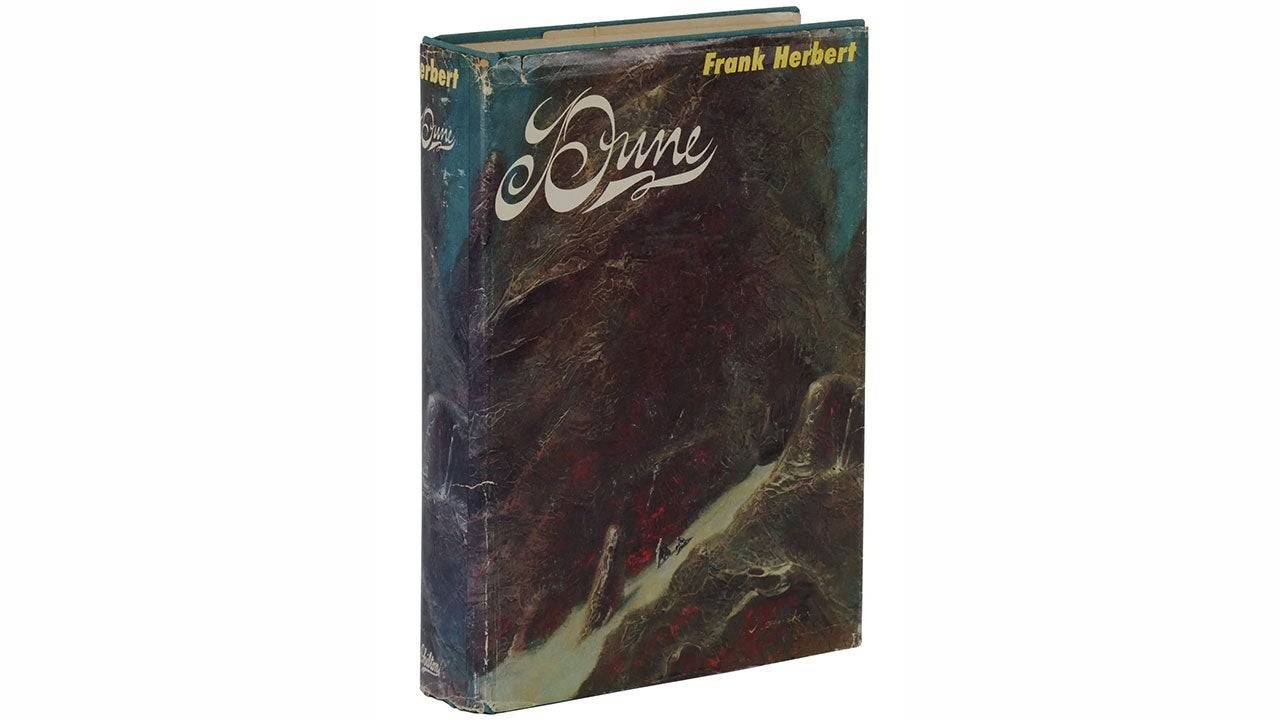
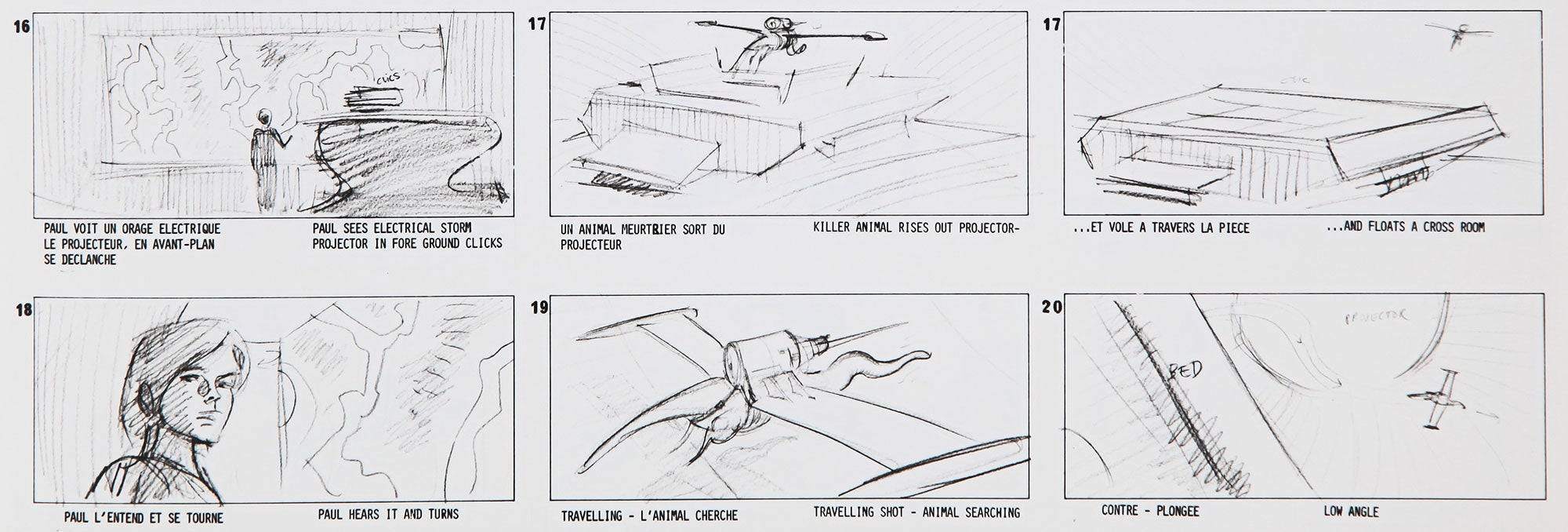
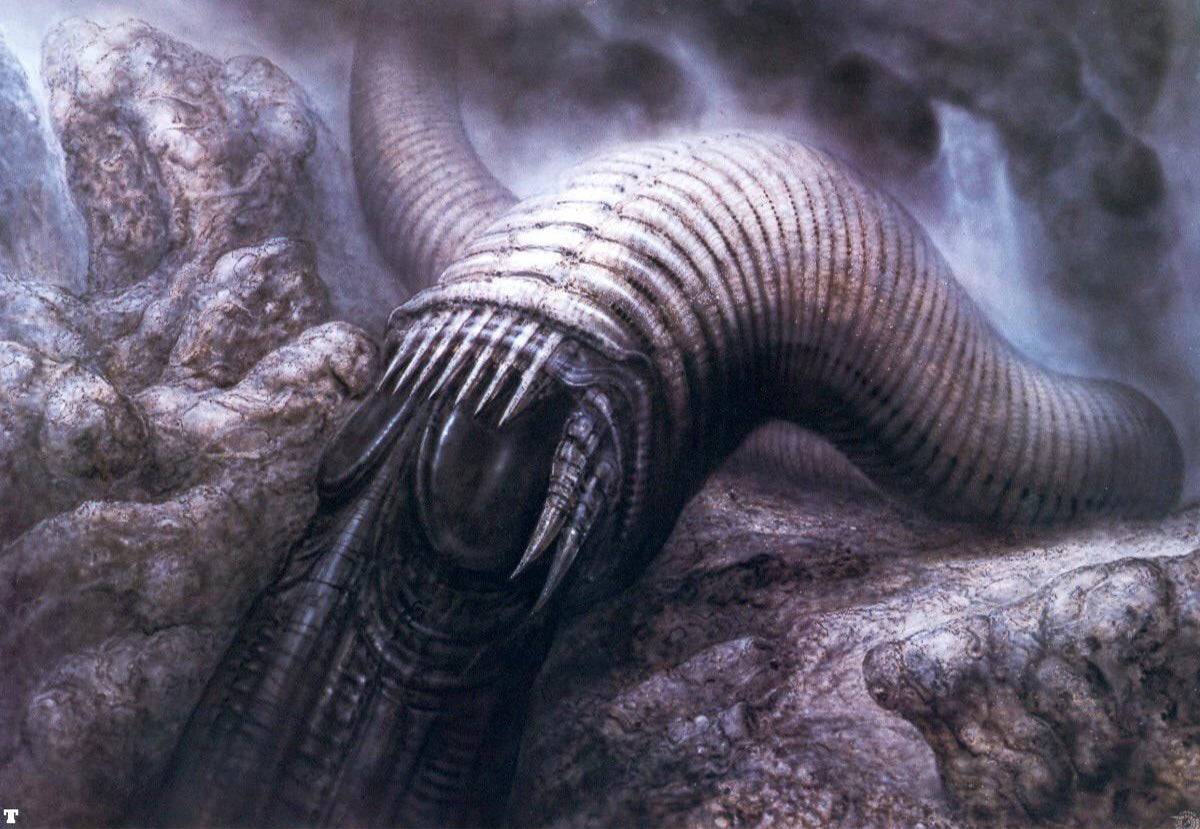
The script's intense desert escape sequence, featuring a crash landing and a sandstorm, mirrors Villeneuve's adaptation. Paul's encounter with a sandworm is also depicted. However, the script notably omits the incestuous relationship between Paul and Jessica, a significant departure from previous versions that caused outrage from Herbert and De Laurentiis.
The Fremen encounter, the duel with Jamis, and the subsequent acceptance into the tribe are depicted with brutal realism. The Water of Life ceremony, featuring a shaman with three breasts and a sandworm, presents a surreal and mystical climax. The script concludes with Paul and Jessica's acceptance into the Fremen tribe, setting the stage for future conflicts.
A Bold, Unconventional Vision
This unearthed script offers a drastically different Dune – darker, more violent, and politically charged than previous adaptations. While it deviates significantly from Herbert's source material, it provides a unique perspective on the novel's ecological, political, and spiritual themes. Its failure to gain studio approval highlights the challenges of translating such a complex and nuanced story to the big screen. The script's bold choices, though ultimately unrealized, remain a fascinating glimpse into a potential Dune that never was.
-
It looks like arcade-style aerial combat games are staging a comeback. Skystone Games has kicked off pre-registrations for ACECRAFT: Skyhero, a vertical-scrolling bullet-hell shooter. What makes it stand out is its two-player cooperative mode, designAuthor : Evelyn Nov 28,2025
-
Welcome to today's curated selection of top deals, featuring both impulse buys under $30 and premium products for serious shoppers. Discover discounted tech, gaming gear, and everyday essentials that offer exceptional value.Deals Under $30Sonic X ShaAuthor : Connor Nov 28,2025
-
 Solitario I 4 ReDownload
Solitario I 4 ReDownload -
 BrickplanetDownload
BrickplanetDownload -
 Monster Girl 1000Download
Monster Girl 1000Download -
 Live2D Don’t Tell Your SisterDownload
Live2D Don’t Tell Your SisterDownload -
 New Titan Hentai GameDownload
New Titan Hentai GameDownload -
 Art Thou a Demon KingDownload
Art Thou a Demon KingDownload -
 Nickle-Slot MachineDownload
Nickle-Slot MachineDownload -
 US Bus Simulator: 3D Bus GamesDownload
US Bus Simulator: 3D Bus GamesDownload -
 Casmimo FlenxxxDownload
Casmimo FlenxxxDownload -
 Niva Travel Car SimulatorDownload
Niva Travel Car SimulatorDownload
- WWE Superstars Join Call of Duty Warzone: Mobile Roster
- Monster Hunter Now Adds New Monsters for 2025 Spring Fest
- Midnight Girl is a minimalist point-and-click adventure set in Paris in the 60s, now open for pre-orders on mobile
- "Grand Outlaws Unleashes Chaos and Crime on Android Soft Launch"
- Mobile Legends: Bang Bang – Best Lukas Build
- "Fallout Season 2 Premieres in December 2025, Season 3 Confirmed"

